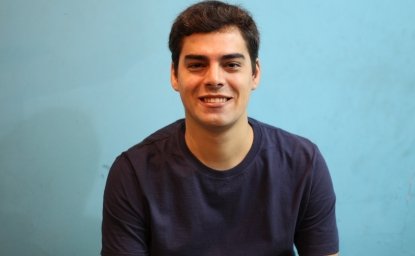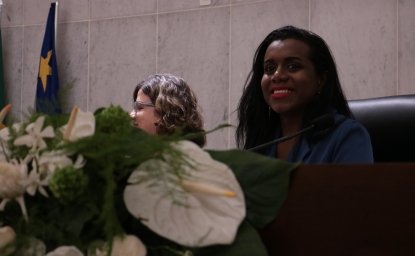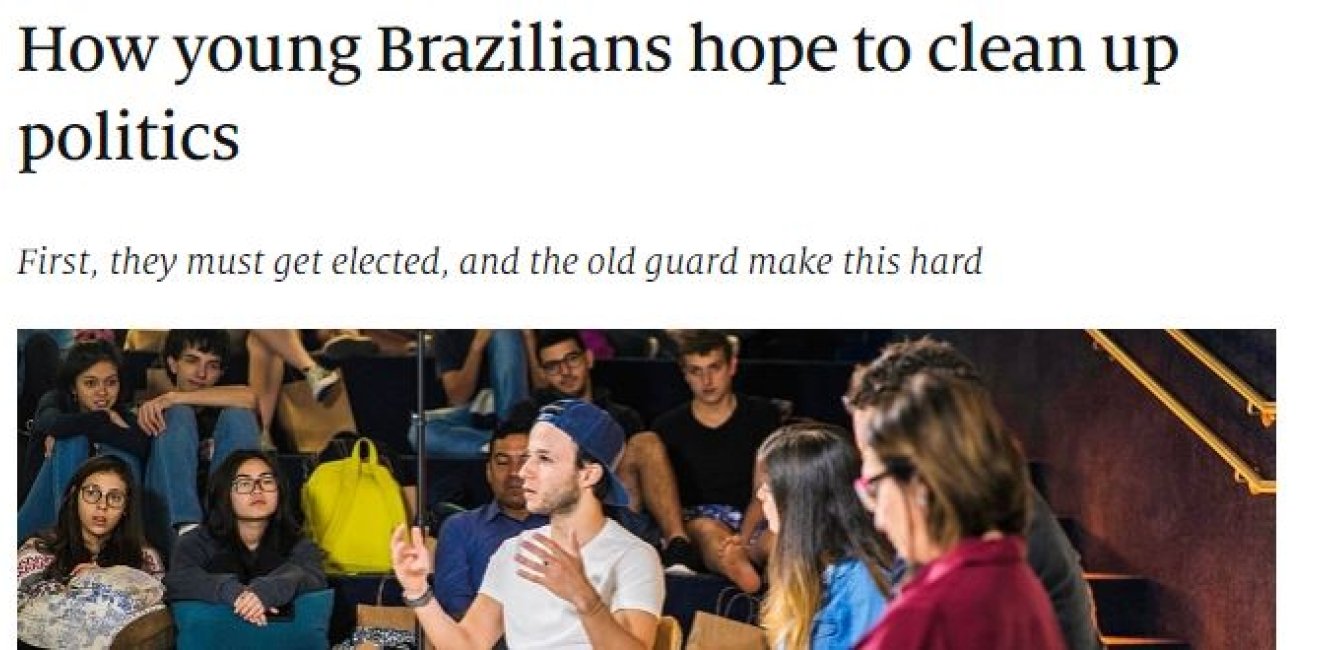
A blog of the Wilson Center
With his reversed baseball cap and facial fuzz, the style of 29-year-old Daniel José Oliveira (pictured) is hardly typical for a Brazilian politician. Nor is his background: he was one of 11 siblings brought up in a small town by a domestic servant and an office porter. After winning a scholarship to a Catholic school, he studied economics at a fine São Paulo campus. That led to a job at J.P. Morgan, a scholarship to study at Yale University and a job offer from another American investment firm.
But in 2015, with Brazil’s economy crashing and its politics mired in scandals, he instead came home. Inspired by En Marche!, the French liberal party which propelled Emmanuel Macron to the presidency, he hopes to be elected next October as a federal deputy for São Paulo state.
Until recently, politics was a turn-off for his generation. The average age of lower-house deputies elected in 2014 was 50, 19 years above the national mean. Brazil’s old-timers are discredited: after more than three years of the Lava Jato (car wash) corruption probe, 40 percent of congressmen are under investigation. Politicians are unloved. Just one voter in 20 admires them; only 3 percent approve of President Michel Temer...
Article published by the Economist on December 14, 2017. Read the full article here.
Author

Brazil Institute
The Brazil Institute—the only country-specific policy institution focused on Brazil in Washington—aims to deepen understanding of Brazil’s complex landscape and strengthen relations between Brazilian and US institutions across all sectors. Read more

Explore More in InoVozes
Browse InoVozes
Interview with Marcelo Calero, Career Diplomat and Federal Deputy

Interview with Tiago Mitraud, Federal Deputy and Leader of RenovaBR

Interview with Robeyoncé Lima, a Voice for Pernambuco’s LGBTQ+


